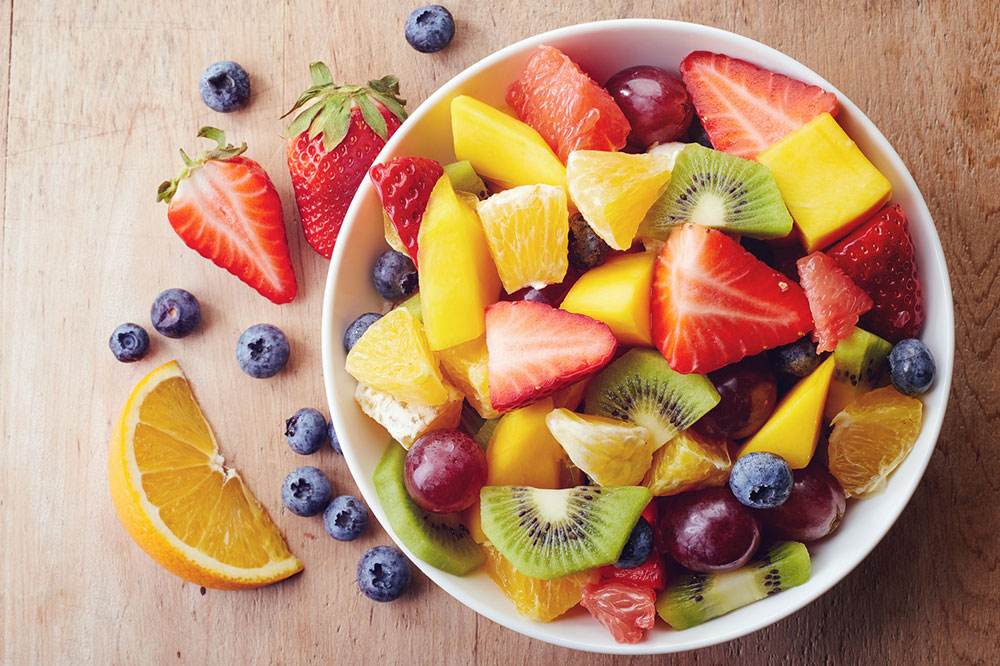Foods to eat and avoid for managing schizophrenia

It has been observed that those who have schizophrenia, a chronic psychological illness, usually have diets that are unhealthy, low in fiber and fruit, and high in saturated fats. Unhealthy eating habits typically lead to other health problems which can also put people with schizophrenia at high risk for diabetes, cardiovascular disease, and more. According to research, dietary changes do really help manage schizophrenia. Here are some best and worst foods for schizophrenia.
Foods to eat
- Fruits
Many studies show that people with schizophrenia usually do not get enough fiber, and thus, need to eat fruits. Some of the best sources of fiber are apples, pears, and raspberries. Fiber not only helps reduce bad cholesterol but also helps in digestion, thereby reducing the chances of certain health problems associated with schizophrenia such as obesity, diabetes, and heart disease. - Vegetables
Vegetables don’t have heart-heavy cholesterol, are packed with essential vitamins and fiber, and are low in calories and fat. Veggies like sweet potatoes, kidney beans, and lima beans contain potassium that could help in keeping blood sugar in check. The best food for schizophrenia is spinach as it is high in folate, which could help in easing symptoms of schizophrenia. Apart from spinach, folate can also be found in asparagus and black-eyed peas. - Fatty fish
Since omega-3 fatty acids cannot be produced by the body, one needs to get them through food such as fatty fish like salmon and mackerel. Omega-3 fatty acids not only ease but also prevent the symptoms of schizophrenia and even slow down the progress of the disease. Vegetarians can intake walnuts and ask their doctor to prescribe omega-3 supplements. - Crab and oysters
According to research, there could exist a relationship between schizophrenia and low levels of zinc, which can be found in lobsters, crab, and oysters, as well as fortified cereals and beef. - Clams
Clams are an amazing source of vitamin B12, and research has shown that low levels of vitamin B12 could result in psychosis, of which schizophrenia is a part. Try eating foods rich in vitamin B12 such as trout, liver, and clams. Vegetarians can ask their doctor for B-12 supplements.
Foods to avoid
- Bread
According to some experts and research, sensitivity to wheat could be a factor in schizophrenia and other mental health conditions. One option is to switch to a gluten-free diet, which includes proteins found in grains like wheat and others. - Refined sugars
Refined sugars found in foods like cake, candy, and sweetened beverages, contribute to diabetes, which is a huge side effect for those with schizophrenia. Cutting out refined sugars from one’s diet is a great way to manage schizophrenic symptoms.

